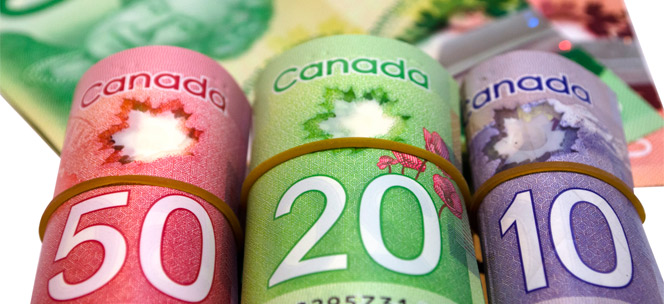
- B.C. finished 2020-21 with deficit of $5.5 billion
- B.C. debt set to hit $102 billion by the end of fiscal year
VANCOUVER, B.C.: The Canadian Taxpayers Federation is calling on Premier John Horgan to stop the province’s debt spiral in the wake of the fiscal update.
“While it’s encouraging to see a smaller deficit than many had feared, Premier Horgan must commit to fighting the debt side of the balance sheet,” said Kris Sims, B.C. Director for the Canadian Taxpayers Federation. “Focussing only on the operating budget and short-term deficits while ignoring the ballooning debt is like tidying your kitchen while the bathroom is flooding.”
After forecasting a deficit of nearly $13 billion in September, British Columbia ended fiscal year 2020-21 with a deficit of $5.5 billion.
Finance Minister Selena Robinson reported Wednesday that higher-than-expected revenues from the Employer Health Tax, Property Transfer Tax, savings at ICBC and large sums of federal taxpayers’ money for COVID-19 have helped Victoria save some cash.
“The government raked-in $200 million more than it had planned to in the Employer Health Tax, even in the darkest days of the pandemic,” said Sims. “We need to hit the spending brakes as soon as possible because British Columbians can’t afford for the government to keep spending as if the emergency is still happening after it stops.”
The province spent about $58.8 billion in 2019-20 and it is set to spend $68.6 billion in 2023-24, about $5 billion more than it had planned to spend before COVID-19.
The provincial budget shows the debt is set to hit $127 billion by 2023-24, incurring large interest costs.
“The interest payments on British Columbia’s provincial debt this year could pay the salaries of 4,600 new paramedics for ten years,” said Sims.
B.C. pays about $2.8 billion per year in interest charges on the provincial debt.
S&P Global Ratings and Fitch Ratings have both downgraded the province’s credit rating from AAA to AA+, citing the deficit spending and deepening debt levels as key reasons.
-30-




.jpg)

